The Shell Smarter Drivers experiment has revealed that fuel efficient driving and local journey planning allows annual average savings of £310 on family petrol bills. The experiment was launched by Shell to better understand how fuel savings can be made by real families
undertaking everyday journeys. Eleven families across the UK took part in the project, and showed that by making simple changes to day-to-day travel behaviour family fuel costs could be cut by 27% in just six weeks - equating to a potential annual saving of £310 on family petrol bills .
Using cutting-edge in-car telemetry technology, participants’ journeys were monitored over a six week period. The results have been independently analysed by leading sustainability think tank, Forum for the Future. They show that by changing behaviour in two areas - driving in a fuel efficient manner and local journey planning – families can achieve significant savings on their petrol bills. One family showed that it was possible to reduce fuel bills by up to 62%, the equivalent of saving £710 a year.
The overall winners of the experiment based on the two criteria of improving fuel efficiency and local journey planning were the Choo family from Cardiff. Amanda Choo from the Cardiff family said:
“We were astonished to see how much we could save by making simple changes to the way we drive and travel. We have changed our behaviour without needing to revolutionise our lifestyle. We encourage other families to follow the Shell Smarter Drivers tips – they really do make a big difference and once you start doing things like driving more smoothly they become second nature.”
During the experiment, each family benefited from Shell’s fuel efficiency expertise at a smarter driving training day which focused on driving technique and car maintenance - from keeping tyres at the right pressure to removing the roof rack, avoiding carrying excess weight and keeping a constant speed.
The families were given an under-the-bonnet demonstration to highlight the physical changes they can make to their cars to make them fuel efficient. They were also given an efficiency driving lesson to teach them about the most efficient driving techniques.
The Holbrook family from Stockport made the strongest fuel efficiency savings, achieving an outstanding 25% improvement across the six weeks. However, the average fuel efficiency improvement by all eleven families over the period was 1.9%, showing that in day-to-day family life putting these changes in driving technique consistently into practice can prove difficult.
The challenge also looked at wider family travel habits to encourage participants to make smarter choices about the way they travel. Each family attended a briefing with their Local Authority transport representatives to learn about sustainable local travel options to reduce overall car usage. As a result, the eleven families reduced overall mileage by an average of 25% with four families achieving more than a 50% reduction in just six weeks. The most considerable reduction in miles was 65%, achieved by the Waller family from Newcastle.
Shell Smarter Drivers had a significant impact on family driving behaviour with participants becoming real advocates of making simple changes to the way they travel:
- Two families are upgrading to more fuel efficient cars and one family is selling their second vehicle
- Five adults have made permanent changes to their commuting patterns to reduce car usage
- Six families now replace driving with walking, cycling or public transport on regular journeys like commuting and the school run.
- Seven out of eleven families reported getting more miles to the gallon and/or reduced petrol costs.
David Wood from Shell UK said:
“Shell wants to help drivers and families get the most out of every drop and ultimately save money. The Shell Smarter Drivers experiment has shown that small improvements to driving technique can make a real difference to fuel efficiency and subsequently lead to real cost savings for everyone that owns a vehicle.”
Independent think tank Forum for the Future analysed the Shell Smarter Drivers experiment on behalf of Shell and made the following specific recommendations for public policy:
- Sustainable travel: Smarter driving has a role to play in reducing the environmental impact and cost of transport and therefore needs to be factored into future policy decisions. Improving the flow of traffic is an important part of helping people to drive more efficiently and to facilitate this, the public need to be made more aware of what they can do to reduce the impact of their travel.
- Delve deeper into the “jog” factor: There is a need to look in more detail at what it takes to make people reassess their own travel habits. The findings of the report suggest that it does not need to be a major life change but also that merely proving information achieve modest change.
Rupert Fausset, Principal Sustainability Advisor, Forum for the Future, and the report’s author, added:
“The Shell Smarter Drivers experiment offers some valuable insight into the potential for the British public to save fuel. In just six weeks, we have seen a marked difference in fuel efficiency and consumption for some of the families. If every family in the UK followed the example set, we could reap the benefits in terms of fuel efficiency and carbon savings and on a personal level families would receive both financial rewards and improve their quality of life.”
Shell Smarter Drivers has released a number of fuel-efficient tips to help other drivers benefit.





















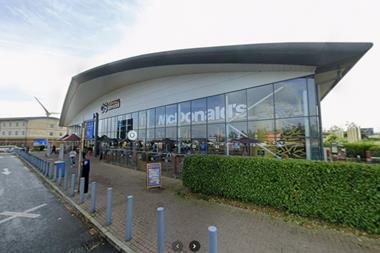
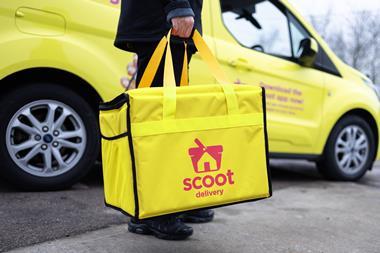

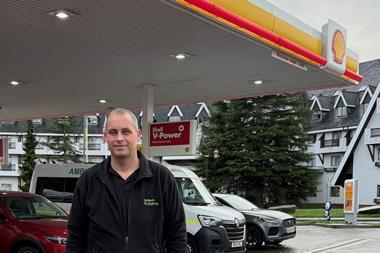




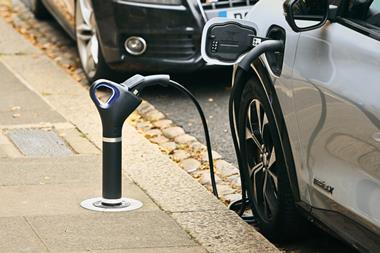
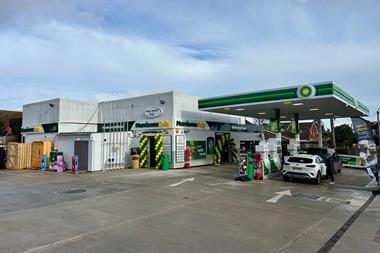
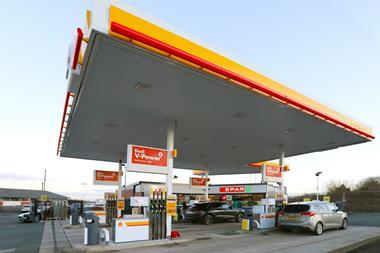
No comments yet